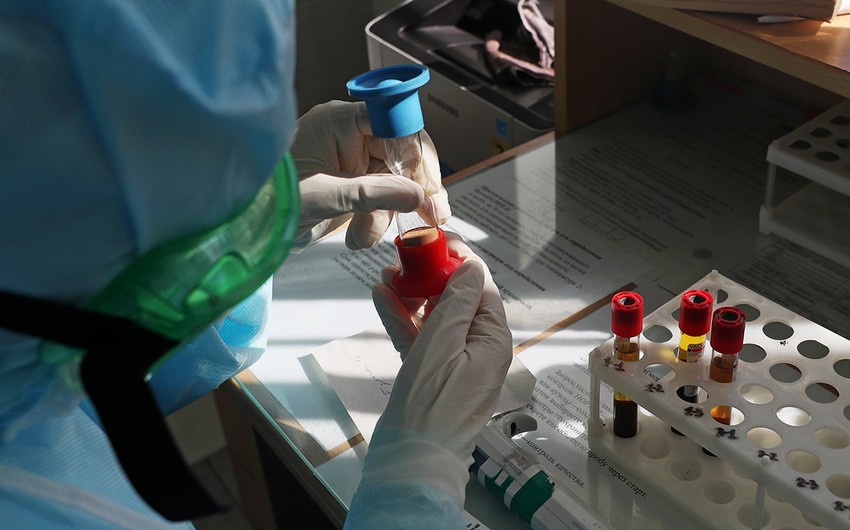The US Centers for Disease Control and Prevention (CDC) has quietly changed its recommendations for coronavirus immunizations to give doctors the flexibility to handle "exceptional circumstances," a spokeswoman said, even though the changes have not been studied in large clinical trials.
informs citing .
In guidelines posted on the agency's website, the CDC said that patients may switch between the two authorized vaccines — one by Pfizer and BioNTech, the other by Moderna — between the first and second doses in "exceptional situations." The CDC also said patients may extend the interval between doses to six weeks from three or four if giving the second dose sooner was "not feasible."
With the possibility of vaccine shortages on the horizon and little expectation that supply can be increased before April, the changes may offer a way to vaccinate more people.
However, the CDC had cautioned against any dosing changes, saying there was no evidence for it. A CDC spokeswoman, Kristen Nordlund, said the agency's "intention is not to suggest people do anything different, but provide clinicians with flexibility for exceptional circumstances."
The updated CDC guidance still states that the authorized vaccines are "not interchangeable with each other or with other COVID-19 vaccine products." The agency put the word "not" in bold on its website, and noted that the safety and efficacy of mixing doses has not been studied.


 https://static.report.az/photo/acca80a9-b556-3116-9913-083fae0ae614.jpg
https://static.report.az/photo/acca80a9-b556-3116-9913-083fae0ae614.jpg

